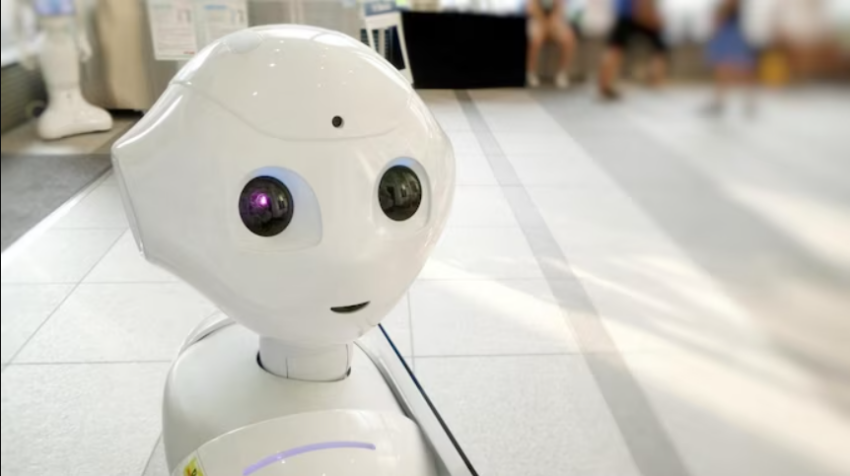The world has begun investigating the capabilities of artificial intelligence and all it can accomplish with a little boost. While some individuals are fearful of AI, others are eager to discover new ways to benefit from it. While AI has undeniable benefits, it also has drawbacks. In the past few months, there have been concerns regarding AI and how it may compromise the cybersecurity of individuals. And now, according to a recent study, your commonly used passwords may be at risk, as artificial intelligence can decrypt them in less than one minute.
In less than one minute, artificial intelligence decrypts passwords.

A recent study conducted by Home Security Heroes discovered that artificial intelligence (AI) can break over fifty percent of commonly used passwords in less than one minute. The study used an artificial intelligence password cracker called PassGAN to test a list of 15,680,000 passwords, revealing that nearly 51% of common passwords can be cracked in less than a minute and 66% of passwords can be cracked in less than an hour. In addition, the study revealed that 81 percent of credentials could be compromised within one month.
It is important to note that while AI can determine your password in less than a minute, this is only feasible if you use simple, generic passwords with a short character length. For example, your phone number and date of birth. On the other hand, it will take longer to crack 18-character passwords that are a combination of letters and symbols.
Returning to the study, it was mentioned that passwords with 18 or more characters are generally resistant to AI password crackers. This length of passwords with only numerals required at least ten months to break. Meanwhile, passwords containing a combination of symbols, numerals, and upper- and lowercase characters were the most secure, requiring up to 6 quintillion years to crack.
How to remain secure?

To maintain security, avoid using easily guessed or generic passwords, especially those consisting of only digits. Ideal passwords are at least 15 characters long and comprise a mixture of characters, symbols, numerals, and capital and lowercase letters. If you are concerned about remembering these types of passwords, you may use a password manager to perform the required tasks.
The study also suggests that a password should contain at least two letters (capital and lowercase), numerals, and symbols. Additionally, it is recommended to change passwords every three to six months. Finally, using a single password for all of your accounts is hazardous and should be avoided.

